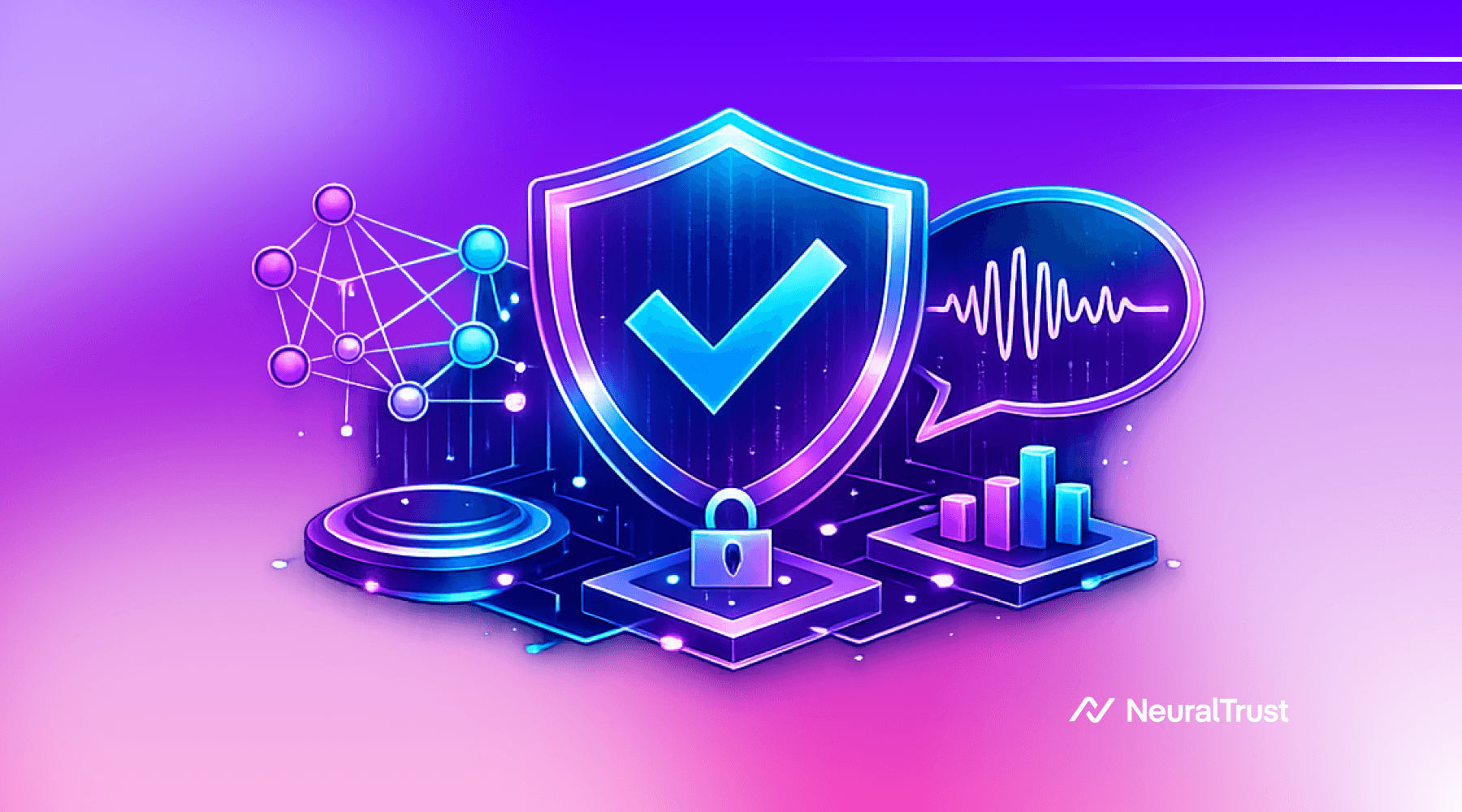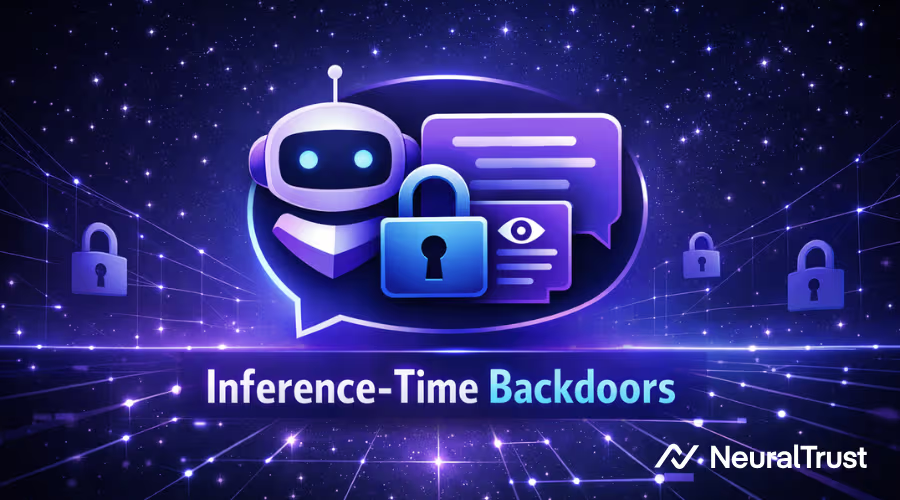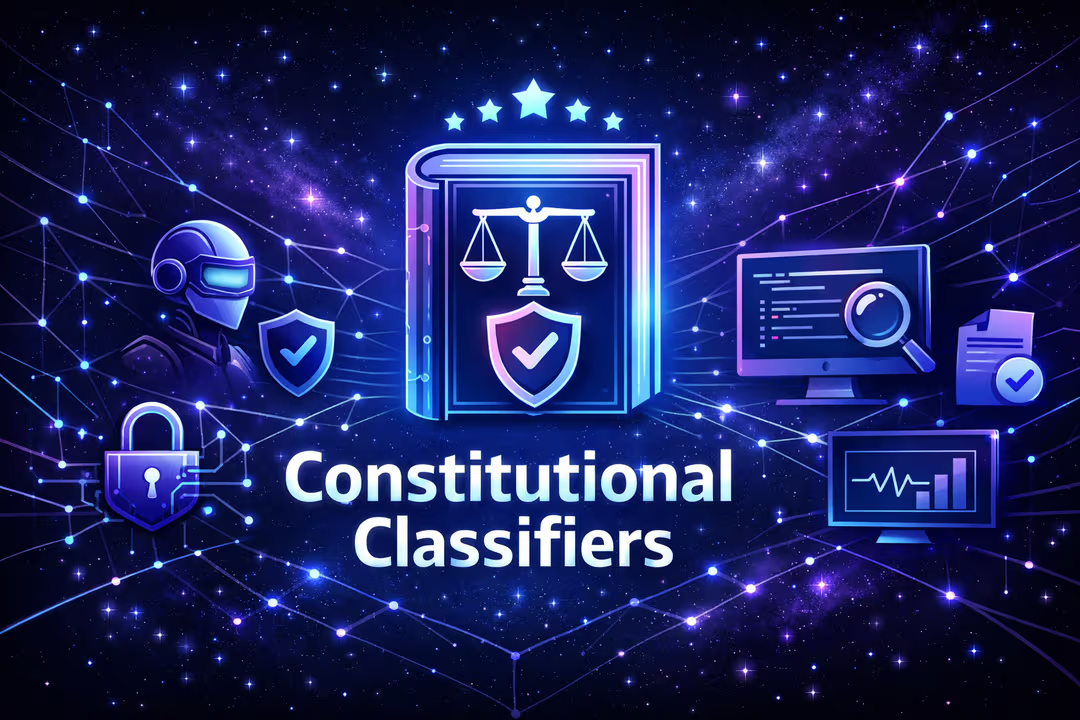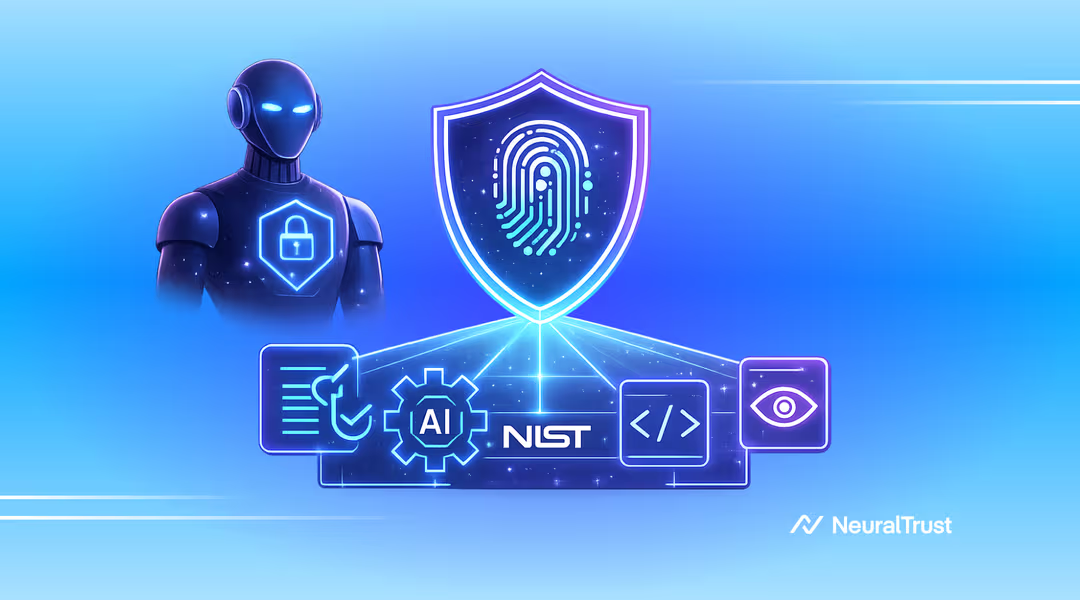These are the 6 trust-building strategies for AI-driven communication:
- Contextual personalization at scale
- Consistency across channels
- Transparency in the use of AI
- Human oversight and approval workflows
- Leveraging behavioral data for better relevance
- Feedback loops and continuous learning
In B2B sales, the real challenge with AI isn’t automation, it’s trust.
Cold, generic outreach kills relevance fast. The goal now is simple: automate without losing the human touch.
Next, let’s look at what’s broken, and how to fix it.
6 trust-building strategies for AI-driven communication
Trust in AI communication doesn’t come from hiding the tech, it comes from using it transparently, contextually, and with care. Here’s how to do it right:
1. Contextual personalization that actually matters
Forget “Hi {{FirstName}}.” True personalization means referencing industry, role, behavior, or recent activity.
Genesy AI enriches lead data from 30+ sources, letting teams send relevant, high-performing messages, without manual research.
2. Consistent messaging across every channel
Buyers lose trust when your LinkedIn, email, and call say different things.
Use tools that sync messaging across touchpoints, keeping your communication clear, timely, and aligned.
3. Be transparent about AI usage
People spot automation fast. Don’t pretend it’s human, position AI as an assistant, not a trick.
This honesty builds credibility and lowers resistance from the start.
4. Keep human eyes in the loop
AI shouldn’t run wild. Add approval flows to review messages, protect your brand voice, and avoid awkward mistakes.
5. Use behavioral signals for perfect timing
Monitor actions like job changes, LinkedIn activity, or event attendance.
These micro-triggers let you engage when it feels natural, not random.
6. Learn and adapt with real feedback
Trust is built over time. Use analytics + CRM data to refine what works.
That way, your AI outreach keeps improving, without extra complexity.
Done right, automation doesn’t kill trust. It scales it.
Why trust is the missing link in AI-led sales messaging
Sales automation is easier than ever, tools can write, send, and follow up across channels. But if there's no trust, none of it works.
Automation alone doesn’t convert, credibility does
AI boosts volume, but if your message feels off, buyers won’t click, reply, or book.
The real gap isn’t output, it’s believability.
From “more messages” to “better messages”
Today, it’s not about sending faster, it’s about sending smarter, with relevance and timing that feel human.
The best platforms don’t just automate, they sound like they care.
Context > accuracy
Getting the name and job title right isn’t enough. Without context that matches the buyer’s world, your message still gets ignored.
Trust comes when outreach feels like it was written for them, not at them.
Why buyers tune out generic sequences (even if they're “smart”)
Even the best AI can fall into a trap: creating messages that sound fine, but feel lifeless.
Most prospects can spot automation from the first sentence. What they crave isn’t perfection, it’s authenticity.
The real trust gap in AI outreach today
The problem isn’t that AI is writing the message. The problem is when it tries to hide that fact, or fails to mimic real intent.
4 Common pitfalls in AI-generated messages
Here’s where many tools fall short:
- Overuse of generic hooks
- Awkward phrasing
- Irrelevant offers
- Misalignment between message and channel
The risks of over-automation without oversight
Too much automation without checks leads to tone-deaf messaging. A well-timed joke can land you a meeting; the same line, sent at the wrong moment, can kill the deal.
Emotional intelligence vs. machine intelligence
AI gives you scale. Emotional intelligence earns replies.
The best sales strategies don’t choose one, they combine both.
Amplify human insight, don’t replace it
AI helps you move fast, but connection comes from insight, timing, and tone.
Smart teams use AI to spot opportunities, then layer in human relevance that actually lands.
Trust isn’t built by sending more. It’s built by sending better.
The right message, at the right time, in the right tone, even if it’s automated, is what earns attention.
Tools that build trust, not just output
Context-aware agents outperform spray-and-pray
Old platforms send the same cold pitch to everyone.
Modern AI uses behavioral data + role-specific context to tailor outreach that actually resonates.
This means your team automates routine follow-ups, while focusing human time on conversations that close.
Consistent messaging across channels = credibility
When LinkedIn, email, and CRM touchpoints are synced, your outreach feels unified, not fragmented.
That consistency builds professionalism and trust at every step.
Clean data is your trust foundation
Outdated contacts, duplicates, or wrong names? That kills credibility fast.
A synced, well-maintained CRM ensures every message hits the right person with the right context.
Bottom line: Emotional + machine intelligence, powered by clean data and smart automation, is how you build trust at scale, without sounding like a bot.
4 Legal and Ethical Considerations in AI-Driven Outreach
AI can scale outreach fast, but if it ignores legal and ethical lines, it damages trust just as quickly. Here's what to keep in check:
1. Data privacy isn’t optional
Laws like GDPR and CCPA require that your outreach respects how personal data is collected, stored, and used.
Make sure you're sourcing data legally, have clear opt-out paths, and only reach out when there’s a valid reason.
Tip: Use platforms that sync with CRMs managing consent automatically, and steer clear of shady or blacklisted sources.
2. Be transparent about AI
Don’t fake it. If a message is AI-generated, don’t pretend it’s human, especially on the first touch.
Position AI as a helpful assistant, not a hidden actor. This sets expectations, avoids confusion, and actually builds more trust.
3. Keep a human in the loop
Even the smartest AI needs oversight. Use approval workflows to review tone, context, and relevance before messages go out.
Automation should support your team, not replace accountability.
4. Watch for bias
Left unchecked, AI can reinforce unfair patterns. Make sure your targeting and scoring logic isn’t favoring or excluding based on non-relevant factors like age or gender.
Regular audits of your messaging and data help maintain fairness and avoid legal or reputational risks.
Bottom line: Ethical AI isn’t just good practice, it’s a competitive edge. The brands that build trust now will win more deals later.
What Trusted AI in Sales Looks Like in Practice
AI you can trust doesn’t pretend to be human, it enhances human communication while keeping things transparent and under control.
In Genesy, the AI agent qualifies leads, runs multichannel outreach, and books meetings, but always with clear guardrails: human review, message previews, and easy handovers when needed.
This builds confidence on both sides:
Buyers know they’re not talking to a fake persona, and reps keep control over tone, timing, and flow.
Real-World Examples from Top Teams
High-performing GTM teams use Genesy not just to save time, but to scale personalization without losing the human feel.
Companies like Factorial and Borneo report 2× to 3× more meetings booked without growing their team.
Why? Because they rely on real-time insights and automation, not outdated lists or guesswork.
By combining centralized data, smart sequencing, and multichannel outreach, Genesy turns a messy process into a predictable revenue engine.
Metrics That Actually Reflect Trust
Forget vanity metrics like “emails sent.” These KPIs tell the real story:
- Response rate – Are people replying because the message feels relevant?
- Meeting quality – Are the calls with the right people at the right time?
- Unsubscribe rate – Are your messages welcomed or just tolerated?
Genesy improves all three by making outreach more targeted, useful, and timely.
The Trust vs. Scale Tradeoff Is a Myth
B2B teams often think they have to choose: scale or authenticity. That’s outdated thinking.
With intent-driven automation, you can grow faster and build trust.
Authenticity isn’t about writing everything manually, it’s about ensuring every message feels intentional and context-aware.
Why Intent Beats Volume
Spraying messages at scale burns trust.
Genesy flips the script by responding to real buyer signals, like job changes, recent activity, or company growth, and adapts outreach accordingly.
Fewer touches. Smarter timing. Better results.
That’s how you scale trust and performance at the same time.
How Genesy AI Scales Trust in B2B Sales
Genesy helps sales teams be 10× more productive by automating prospecting, without losing the human touch.
Instead of juggling tools for email, LinkedIn, and CRM, everything runs in one centralized system, creating consistent messaging, smooth handoffs, and smarter decisions based on unified data.
And since it integrates seamlessly with your CRM, setup is quick and disruption-free.
But Genesy doesn’t just automate, it adds context. Beyond names and job titles, it uses data enrichment tools to surface real insights like recent posts, job changes, or event activity. This powers relevant, human-like messaging at scale.
Its AI agents adapt in real time: they follow up, reschedule, and adjust tone or timing based on buyer behavior. Messages feel conversational, not robotic, and that leads to more replies and qualified meetings.
With multichannel outreach across email and Linkedin prospecting, Genesy ensures every touchpoint builds on the last. It doesn’t repeat, it progresses.
Bottom line: trust isn’t about pretending AI isn’t there. It’s about using it wisely, to reach the right person, with the right message, at the right time.
Want to scale without sounding automated?
Genesy AI makes your outreach feel personal, relevant, and human.
Frequently Asked Questions (FAQs)
Can buyers tell if a message is written by AI?
Yes. Most can tell instantly if it feels templated or off. That’s why tone, timing, and context are more important than ever.
How do you avoid sounding robotic or generic?
Use real-time signals like job changes, recent posts, or company updates. This makes your outreach feel personal and timely, even if it's automated.
What metrics actually reflect trust?
- Reply rate – Are people engaging?
- Meeting quality – Are the calls with the right people?
- Unsubscribe rate – Are your messages welcomed or ignored?
Is full AI autonomy a good idea in B2B sales?
Not always. For complex sales, human oversight matters. Automation should support your team, not replace it.
How do you make sure messages stay relevant?
By interpreting behavior and buyer signals, not just pulling static data. Context-driven outreach beats generic sequences every time.




